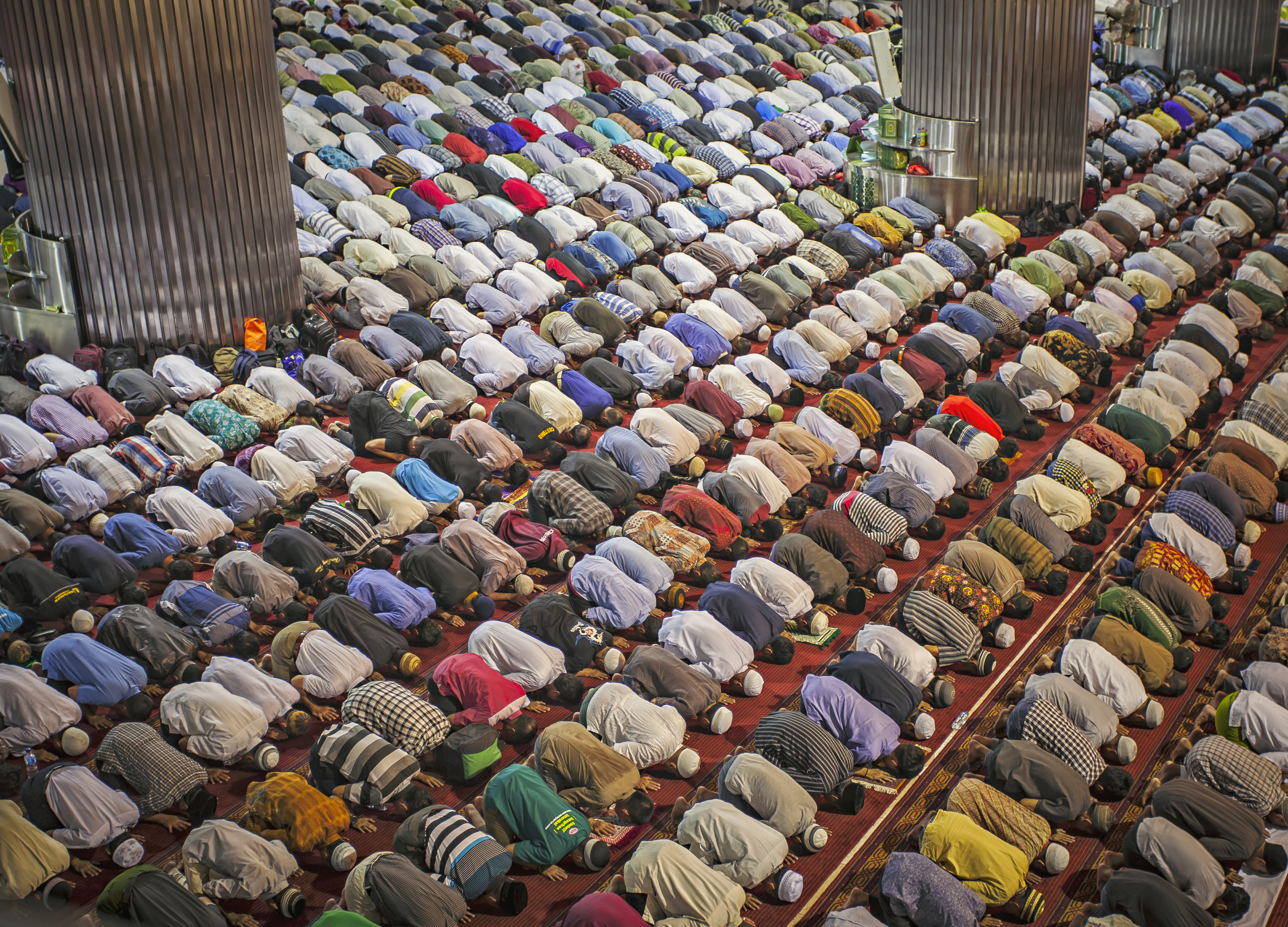
DUBAI, United Arab Emirates – Muslims in Southeast Asian countries like Indonesia and Malaysia, and much of the Middle East, including Egypt, Iraq and Saudi Arabia, will fast on Monday for the start of the month of Ramadan.
Millions more, however, in India, Pakistan and Iran, will likely be marking the start of the lunar month on Tuesday based on moon sightings there.
Muslims follow a lunar calendar, and a moon-sighting methodology can lead to different countries declaring the start of Ramadan a day or two apart. Traditionally, countries announce if their moon-sighting council spots the Ramadan crescent the evening before fasting begins.
Across the world, Muslims fast each day for the entire month of Ramadan, abstaining from food and drink from dawn to dusk. That means around 15 hours without food, water, cigarettes or caffeine.
Fasting is aimed at drawing worshippers closer to God through self-control, remembrance and humility. The challenge of fasting for many is also a chance to reset spiritually and physically, kick bad habits and purify the heart.
During the day, Muslims must also abstain from sex, gossip and cursing, and are encouraged to focus on meditative acts like prayer, reading the Qur’an and charity.
It’s common practice across many Muslim-majority nations for liquor stores and hotels to curb the sale of alcohol during Ramadan. Often, restaurants shutter their doors during the day.
Those exempt from fasting include children, the elderly, the sick, women who are pregnant, nursing or menstruating, and people travelling.
The Ramadan fast begins with a pre-dawn meal called “suhoor” to prepare hungry stomachs for the long day ahead. A typical suhoor often includes bread, vegetables, fruits, yogurt, tea, as well as lentils and beans.
At sunset, when it’s time to mark the end of the daylong fast, families and friends gather for an evening meal known as “iftar.”
Muslims typically break their fast as the Prophet Muhammad did some 1,400 years ago, by eating sweet dates and drinking water, followed by a sunset prayer. Then, the iftar meals are enjoyed. These are often lavish affairs of home-cooked platters of rice, stews and meat, as well as spreads of desserts and other sweets.
While Muslims around the world welcomed the start of Ramadan with traditional greetings and messages of peace, the start of the Muslim holy month in the Gaza Strip was marked by sounds of outgoing Palestinian rockets and incoming Israeli airstrikes.
Families often shop for food items in the days before Ramadan, but most shops and markets in Gaza were closed due to the heavy round of cross-border fighting.
“We got used to this situation, we don’t care anymore,” said Rushdi Anbar, a 42-year-old architect, as he hurried through one of the few markets still open.
In 2014, the latest of three deadly wars between Israel and Gaza’s Hamas rulers began in the second week of Ramadan and lasted for 50 days.
Anwar Zeydieh, a mother of three, said she fears a similar scenario this Ramadan. “I don’t think we are ready to endure all this suffering again.”
–––
Associated Press writer Fares Akram reported from Gaza City.